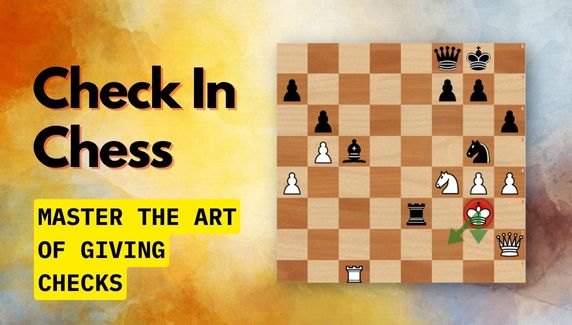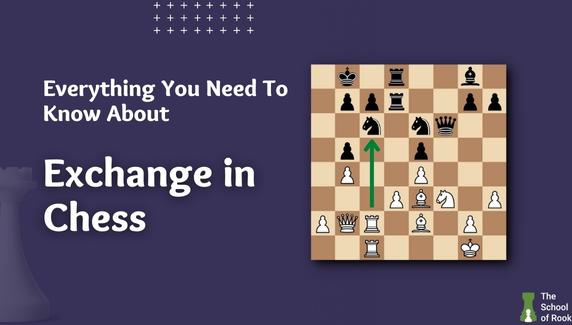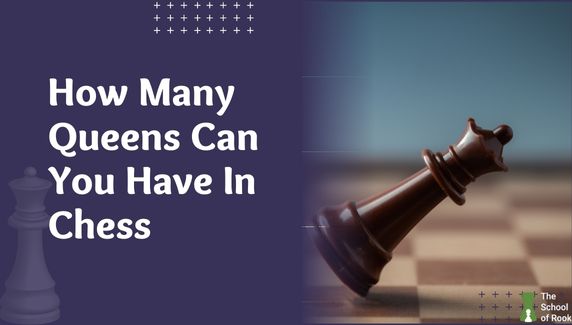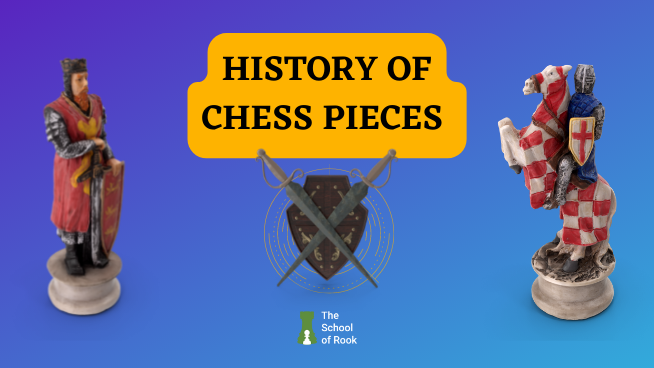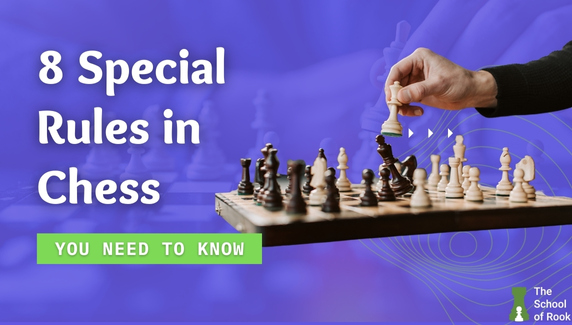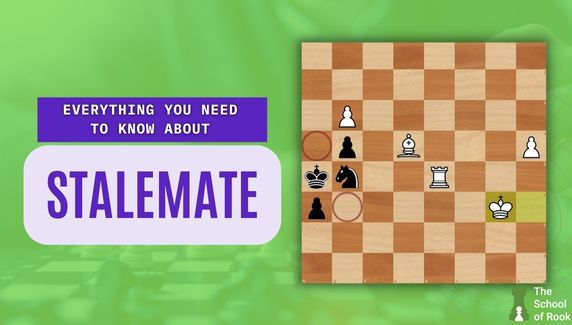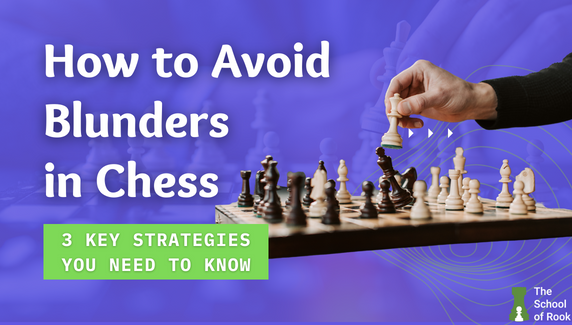
Welcome to the world of chess, where the smallest mistake can cost you the game!
Blunders, or careless mistakes, are common in chess. So don’t feel frustrated or disappointed when you make one.
But avoiding blunders is a crucial skill to master if you want to improve your game and achieve success on the chessboard.
In this guide, I’ll explore three key strategies for avoiding blunders, including staying focused, being patient, and calculating one move deeper.
With these tips, you’ll be better equipped to make informed decisions and avoid costly mistakes in your next chess game.
1. Stay focused
Distractions, fatigue, and lack of concentration can lead to blunders, mistakes, and missed opportunities.
But how do you stay focused while playing a game of chess? Let’s find out!
Avoid distractions
It’s essential to eliminate any distractions that may affect your concentration, especially if you’re new to chess.
Turn off your phone or put it on silent mode. Find a quiet and comfortable place to play, free from loud noises or interruptions.
And if you’re playing in a public place, you can use noise-canceling headphones to block any background noise.
Play when you are mentally alert
Playing chess requires mental energy and focus.
So avoid playing when you are tired or sleepy, as this can affect your ability to think clearly. Try to schedule your practice games during the time of day when you feel most alert and focused.
It’s also a good idea to eat a light and healthy meal before playing to help you stay energized and focused.
Take breaks when needed
It’s crucial to take short breaks between games or after a long session to recharge your batteries.
You can use this time to stretch, take a walk, or do something relaxing that can help you clear your mind.
Taking regular breaks can help you maintain your focus and prevent burnout.
2. Be patient and avoid impulsive moves
Another important aspect of avoiding blunders in chess is to be patient and avoid impulsive moves.
Many chess players make the mistake of making instinctual moves without fully analyzing the position, which can lead to errors and missed opportunities.
Here are some practical tips to help you avoid impulsive moves:
Avoid instinctual moves
Resist the temptation to make instinctual moves based on gut feelings or hunches.
Instead, take the time to analyze the position, consider all possible moves, and evaluate their consequences.
Always ask yourself why you want to make a particular move and whether it supports your overall strategy.
Take your time to make a move
Don’t rush your moves. Take the time to study the board carefully, calculate variations, and think through your options.
It’s better to take a little longer to make a move than to rush and make a blunder that could cost you the game.
Think through the consequences of each move
Consider the potential consequences of each move before making it.
Think about how your opponent might respond and how that could affect your position. Also, consider the long-term implications of your move and how it fits into your overall strategy.
3. Calculate one move deeper
Another key aspect of avoiding chess blunders is calculating one move deeper.
This means taking the time to analyze not just the immediate consequences of a move but also the next move or two.
Here are some practical tips to help you calculate one move deeper:
Analyze variations and potential outcomes
Another crucial source of chess blunders is not calculating the line in too much depth.
It’s easy to fall into the trap of thinking that you’ve found a winning combination and committing to a sacrifice, only to find out later that the line was actually losing.
This is a common mistake made by players who calculate just a few moves ahead and fail to anticipate their opponent’s responses.
To avoid this scenario, it’s important to analyze variations and potential outcomes of each move, considering the long-term consequences and how it fits into your overall strategy.
Look for hidden tactics and threats
When calculating one move deeper, it’s crucial to look for hidden tactics and threats.
Look for opportunities to create threats against your opponent’s pieces or to defend against their threats.
Consider different tactics, such as forks, pins, and skewers, and look for opportunities to use them to your advantage.
In order to decrease your blunder rate and improve your chess game, I highly recommend making tactics-solving a part of your daily training routine.
Regularly practicing tactics can improve your ability to spot potential threats and calculate variations, which can help you avoid blunders and make better-informed decisions during the game.
Final thoughts on how to avoid blunders in chess
Avoiding blunders is an essential skill for any chess player looking to take their game to the next level!
By staying focused, being patient, and calculating one move deeper, you can significantly reduce your chances of making careless mistakes and improve your chances of success on the chessboard.
Remember to make tactics solving a part of your daily training routine and always take the time to analyze variations and potential outcomes. And remember never to underestimate your opponent!
With dedication and practice, you’ll be able to avoid blunders and make better, more informed decisions in every game.
So keep playing, keep learning, and enjoy the beautiful game of chess!

